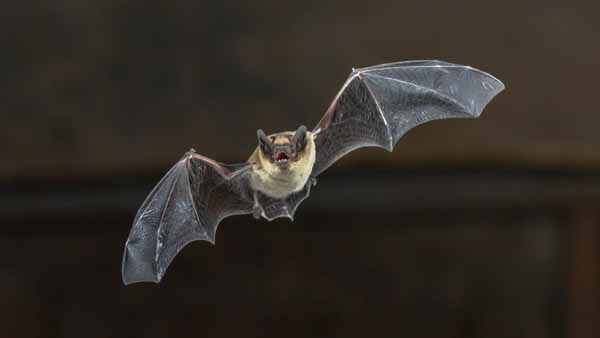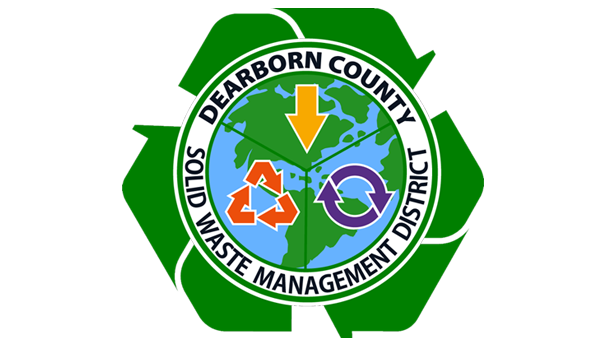The BOAH and Indiana Department of Health launched a new website featuring rabies-related information for citizens as well as medical and veterinary medical professionals.

(Indianapolis, Ind.) — Do you know what to do when you or your pet encounters a bat?
Late summer is when the small, flying mammals begin leaving their maternal colonies and may occasionally encounter people or pets. While a relatively small percentage of bats in Indiana carry rabies, Hoosiers should know how to ensure everyone (even four-legged family members) stay safe.
Bats are normally active at night, so most people do not have encounters. From time to time, a bat may be found in a house or a dog or cat may carry one home. In those cases, steps should be taken to collect the bat safely for rabies testing:
- Avoid handling the bat with bare hands. Use a broom or tongs or wear leather gloves to place the bat in a sealed container.
- Take the bat to the local health department or a veterinarian for submission to the state’s rabies testing laboratory.
- Seek advice and medical care from a doctor and/or a veterinarian for people and pets that were possibly exposed. (This includes individuals who were asleep in a room where a bat was found, as well as dogs and cats.)
- Report all animal bites to the local health department.
“If someone was—or is suspected of being—bitten or scratched by a bat, immediate medical care should be obtained. This includes exposed pets being seen by a veterinarian,” said Jennifer Brown, DVM, state public health veterinarian for the Indiana Department of Health. “Post-exposure treatment may be necessary if the bat tests positive for rabies or is unavailable for testing.”
Take Protective Measures
Keeping dogs’ and cats’ rabies vaccinations up-to-date is an important step in protecting the entire family from exposure. Many of the rabies-positive bats found each year are killed or found dead by a pet.
“Pets serve as a buffer between rabid wildlife and humans. Because they are more likely to encounter wildlife, protecting your pet also reduces the human risk of exposure to rabies,” said Sandra Norman, DVM, rabies program director for the Indiana State Board of Animal Health.
Indiana law requires all dogs, cats, and ferrets to have a current rabies vaccination, starting at 3 months of age. A veterinarian must administer the vaccine, which can last up to 3 years, depending on the product used.
Hoosiers can also be proactive in avoiding encounters with bats. Brad Westrich, mammalogist with the Indiana Department of Natural Resources, advises Hoosiers to be alert when enjoying outdoor activities, such as camping, cutting wood, or gardening. Citizens should also work to keep bats out of their homes by capping chimneys with screens and securing openings to attics, basements and out-buildings. Professional services may be necessary to remove bats that have established habitats.
New Online Resource Now Available
The Indiana State Board of Animal Health (BOAH) and the Indiana Department of Health recently launched a new website featuring rabies-related information for citizens as well as medical and veterinary medical professionals.
www.in.gov/rabies is a one-stop-shop offering guidance for bite exposures to humans and animals, reporting forms, Indiana rabies statistics, and tips to protect families and pets.

 Dearborn Co. Recycling Center Announces Increased Fees for Recycling Services
Dearborn Co. Recycling Center Announces Increased Fees for Recycling Services
 Patriot, Vevay Tornado Siren Testing Schedule Announced
Patriot, Vevay Tornado Siren Testing Schedule Announced
 First-Ever CASA Rally Set for March 9
First-Ever CASA Rally Set for March 9
 ICU Closing at St. Elizabeth Dearborn
ICU Closing at St. Elizabeth Dearborn
 Bill to End Welfare Waste, Fraud & Abuse Heads to Governor's Desk
Bill to End Welfare Waste, Fraud & Abuse Heads to Governor's Desk












